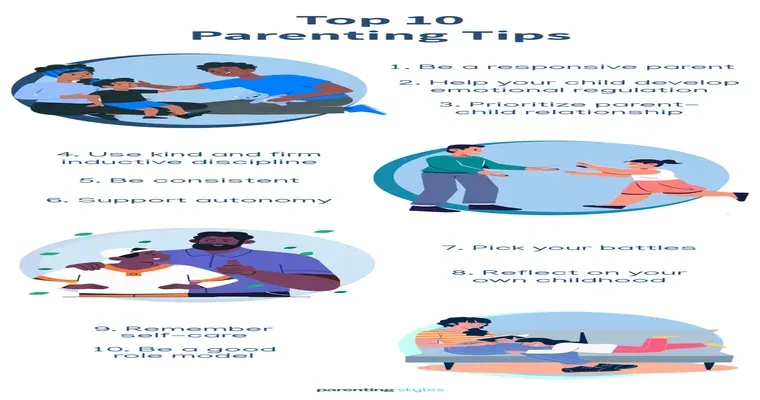Becoming a caregiver for a "very authoritarian parent" can be a challenging experience for those new to the role. Balancing authority with compassion is crucial, especially when navigating complex family dynamics. This article provides essential advice for caregivers to manage their responsibilities while maintaining a healthy relationship with their authoritarian parent.
Understanding the nature of an authoritarian personality is the first step. Such parents often have strict rules and high expectations, which can lead to a power struggle with their caregiver. As a new caregiver, it is important to approach this relationship with empathy and patience. Recognizing that your parent’s behavior may stem from their own upbringing or life experiences can help you develop a more compassionate perspective.
Communication is key when dealing with an authoritarian parent. Establishing open lines of communication can prevent misunderstandings and reduce tension. Use active listening techniques and validate your parent's feelings, even if you do not agree with their views. Phrases like "I understand that you feel strongly about this" can help ease the conversation. Setting aside time for regular discussions can also foster a cooperative atmosphere.
Setting boundaries is essential for both the caregiver's and the parent's well-being. Define what is acceptable and what is not in your caregiving relationship. It may be helpful to outline specific duties and responsibilities clearly, allowing both parties to understand their roles. This can prevent feelings of resentment and promote a sense of teamwork.
Moreover, self-care should never be overlooked. Caregiving can be physically and emotionally draining, especially when managing a difficult dynamic. Make sure to prioritize your own health and well-being. Engage in activities that bring you joy and relaxation, whether it’s exercise, hobbies, or spending time with friends. This not only benefits you but can also enhance the quality of care you provide.
In some situations, seeking outside support can be beneficial. Consider joining caregiver support groups or reaching out to professionals who specialize in family dynamics. They can provide valuable insights and coping strategies tailored to your specific situation. Additionally, having a support network can alleviate feelings of isolation and frustration.
Lastly, remember that change takes time. Shifting the dynamics of a relationship with an authoritarian parent may not happen overnight. Patience, persistence, and consistent effort can lead to a more harmonious caregiving experience. Celebrate small victories and maintain a positive attitude, as this can influence your parent’s behavior over time.
In conclusion, being a caregiver for a "very authoritarian parent" requires a combination of empathy, communication, boundary-setting, self-care, and possibly external support. By adopting these strategies, you can navigate this complex relationship with confidence and compassion, ultimately fostering a healthier environment for both you and your parent.





